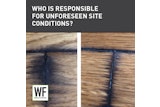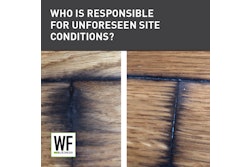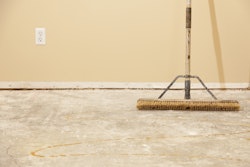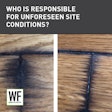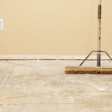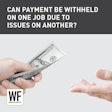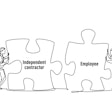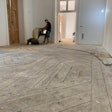
I recently received a call from a client I will call Sub Flooring. The client performed flooring work on a subcontractor basis for a general contractor I will call Bad Apple Construction. Bad Apple had not paid Sub Flooring for its work on the project and was making many excuses. Bad Apple originally claimed the property owner was unreasonably disputing the cabinet and HVAC work and was withholding payment. A few weeks later, Bad Apple claimed that partial payment to Sub Flooring was on the way. After another few weeks Bad Apple stopped replying, and Sub Flooring heard rumors that Bad Apple had gone out of business.
Since Bad Apple was likely insolvent, Sub Flooring wanted my assistance to pursue payment from the property owner, reasoning that there had been no claimed problems with the flooring work, the owner was using the floors, and the owner should pay for the floors. I agreed and said we could file a lien against the owner’s property if Sub Flooring had properly preserved its lien rights. After a pause, my client said they had never had this problem before and were not in the practice of providing any notices to preserve their lien rights.
Unfortunately, I had to tell Sub Flooring that without a lien it could not pursue the owner, even if the owner had truly not paid Bad Apple for the flooring. While laws vary from state to state, the laws in most states provide that if a subcontractor hired by a GC had an adequate legal remedy against the property owner that it failed to preserve (a lien), then it may not pursue the property owner directly for payment under “equitable” theories. In such cases the subcontractor’s only remedy is pursuing the GC for a money judgment.
In my example, Sub Flooring could have preserved a lien claim against the owner’s property, but because it did not, its only recourse was against Bad Apple. Since Bad Apple was out of business and likely had no assets, there was little chance of collecting payment. The takeaway should be to preserve your lien rights. If you encounter a bad apple GC, a lien against the customer’s property might be your only option for pursuing payment.









